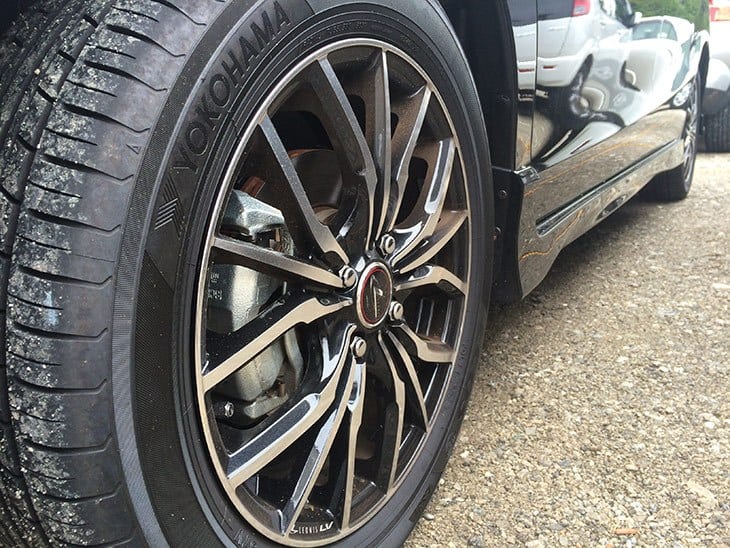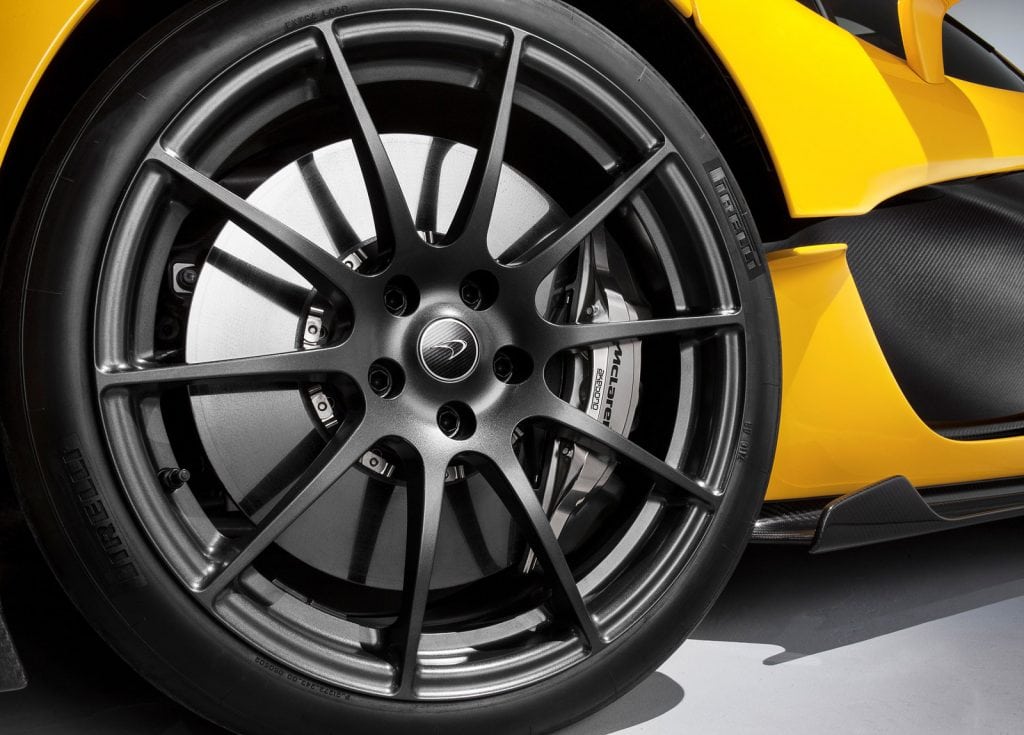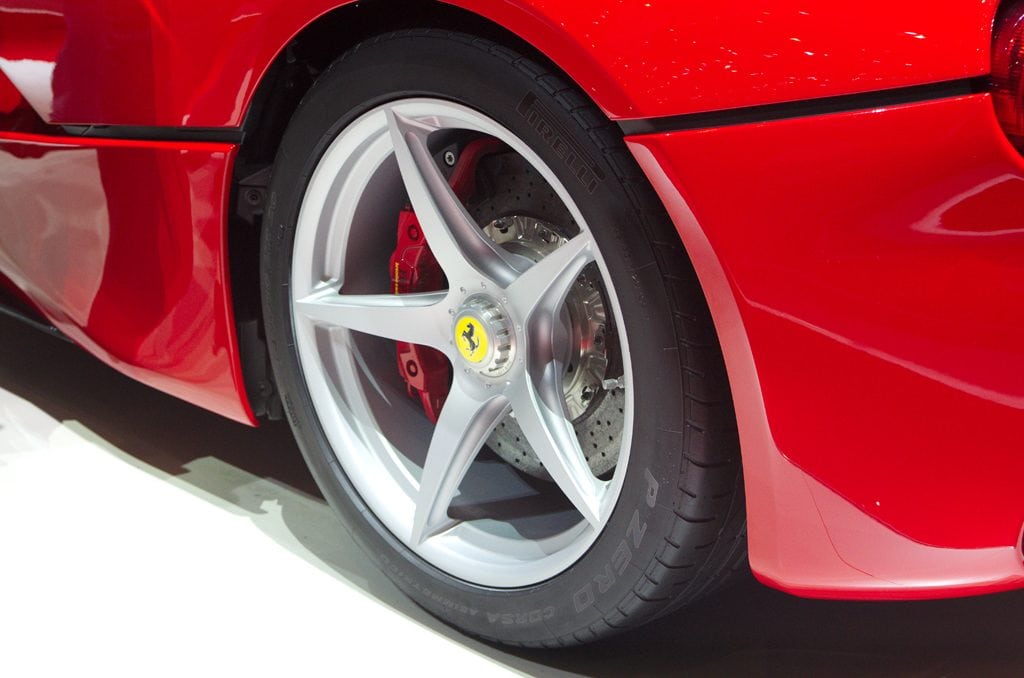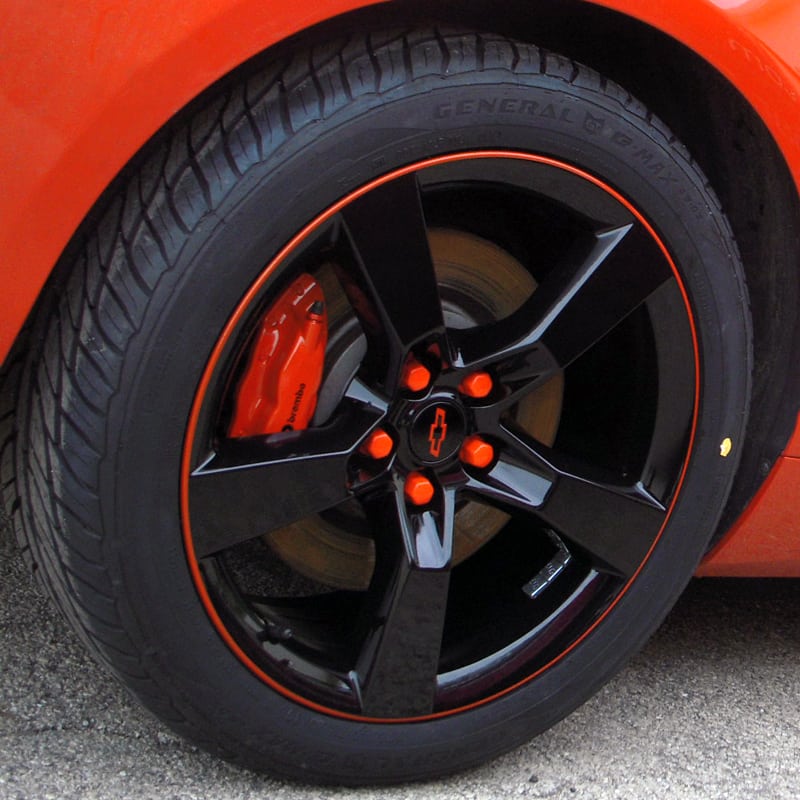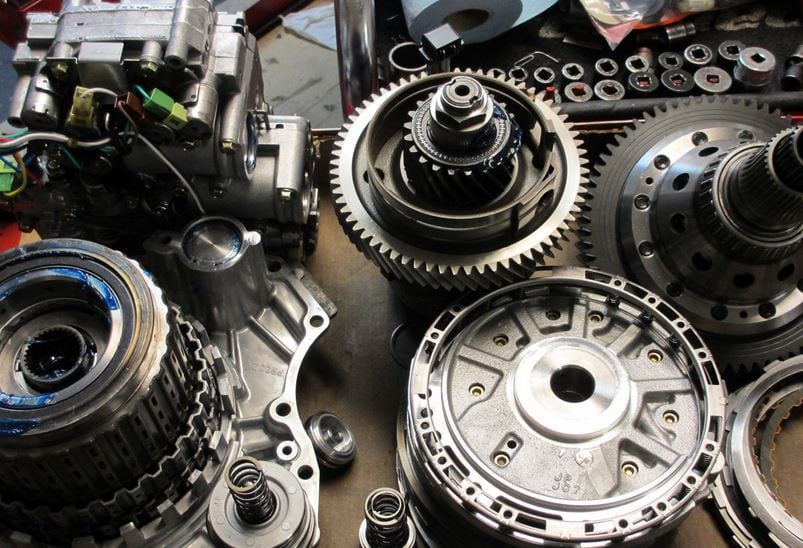A tire is a tire is a tire, right? Wrong. If you’re not aware of the role that your tires play in the way you experience the average drive, you should know it’s a big one.
Consider the fact that the steel belts and rubber your tires are made up of are the only part of your car that’s actually in contact with the road. They are the truest interface between your inputs and what happens when you drive.
Tires are wear components, and they aren’t designed to last the life of your car. You can improve tire life, and the road manners of your car, by taking good care of your tires.
But They’re Supposed to Be Dirty!
You might think it doesn’t make sense that road grime can degrade a product designed to roll on asphalt. That’s fair, but it’s not just road grime tires are exposed to. The advanced rubber compounds tire manufacturers use these days are resilient, but they still need to stay soft and pliable to offer the best performance.
Temperature changes, moisture exposure and yes even brake dust and road debris can cause tires to dry out. This leads to cracking and hardening, which will negatively affect your tire’s performance. A hard tire can’t provide the same grip, will slip in wet conditions and could even fail suddenly.
Keeping Tires Fresh
Make treating your tires a routine part of your car wash, and you’ll never have to deal with these problems. It doesn’t take a lot of effort, and your shiny clean tires will look great afterward.
There are many products on the market designed for cleaning wheels and dressing tires. You should clean the wheel thoroughly before dressing tires to seal out as much brake dust and road grime as possible.
Apply a layer of tire dressing to nourish the rubber compound and bring out the black in your tires. These compounds serve to restore the tire at a molecular level and should be applied roughly every other time that you clean the car. For very dry environments or places where the tire is exposed to lots of moisture, you can apply them more frequently.
Replacing Aged Tires
If your tires have 4/32 inch of tread, or less, left, it’s probably a good idea to replace them. Once you reach this point, your tires will be more likely to slip and skid in adverse road conditions.
You can also look at the overall age of your tires. Once they reach five years, have a professional inspect them at least once per year. Ten years is about the maximum you’d want to let your tires go without being replaced, even if they appear to be in good condition. By this point, they’re often too dry and cracked to perform at their best.
Changing the tires on your car costs a little money, but you’re paying for safety and performance. You’ll notice a more supple ride from higher quality, fresh tires the first time you hit the road in comparison to the harsh, loud characteristics of a worn out tire. Trust us — it’s worth it to keep your tires fresh.


